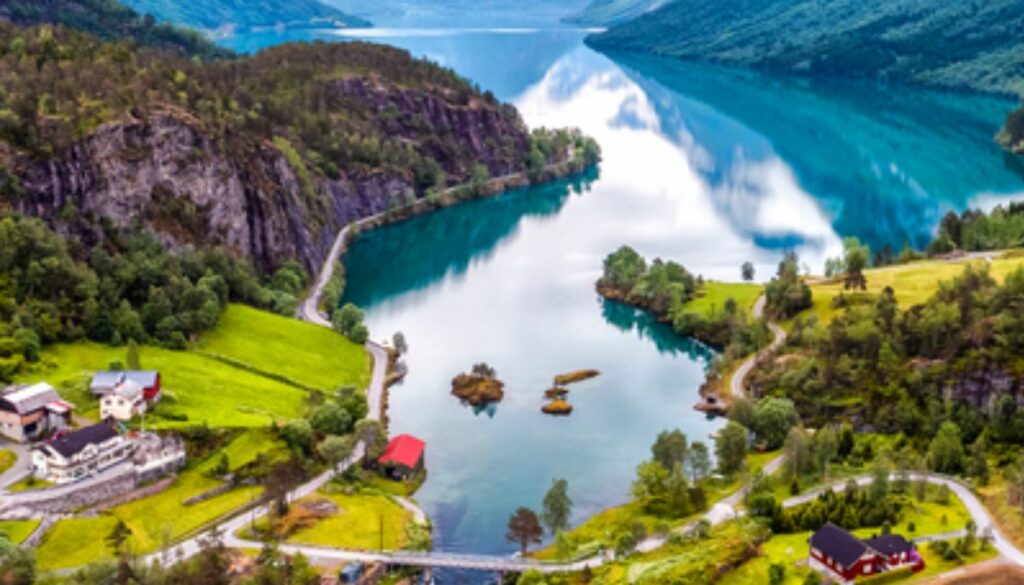I have readers from all stripes and throughout the world who always give great insights as they expand our intellect and sphere of knowledge. If we are to make a better world, only open communication with people with diverse ideas, experiences, and suggestions will ensure such a reality.
The response from this Norwegian who read my previous blog is an example.
Norwegian here. And… you use the word “socialism” in a way we do not recognize. Measuring the percentage of wealth held by the government to determine how socialist a country does not make sense when its shares and bonds in working stock exchanges. What you are measuring is what we call “statism”.
When your conception of national economies put Norway, Venezuela and North Korea in the same bracket, it’s not fit for purpose. If you are actually going to use our way of doing things in discussions of your politics, it might be useful if you know our terms for this, so:
Socialism – a system where the public is supposed to own everything in common. Means of production in particular. It’s being tried in Cuba, North Korea, and Venezuela.
Democratic Socialism – believing that revolutions tend to destroy things and leads to ruthless dictators often ending up on top with a death grip on power, so socialism should be implemented by democratic means. Arguably what happened in Venezuela.
Social Democracy – a government investing money in growing and improving a productive middle class. Includes a lot of welfare, but often a far more cost/benefit optimized welfare than Americans think. It doesn’t actually have anything to do with how the nation is oriented on the socialism/capitalism axis.
It’s about how the government spends its money rather than how the economy is divided between actors.
The point here is that social democracy and capitalism are independent of each other in terms of national setups. You can have both on high, both on low, any combination. Not all combinations work well of course.Social Democracies can be set up in any democratic economy. But if it is not a strong economy, you have problems affording the welfare, you run up debts and get lots of strikes. I am sure we can think of nations with that problem. But if you put in a strong capitalist economy under the hood as an engine, you get what we call
The Nordic Model – strong capitalist economies producing resources that are invested in the middle classes.
From our perspective, the US talk a good talk on capitalism, but when push comes to shove, businesses are too big to fail and have to be bailed out by the government. Or protected from having to negotiate with unions. In Scandinavia, if a business goes under, the executives lose their jobs. Non-performing companies dying is actually a part of the market economy and a fairly vital one at that. Also, if you shield the largest companies from failure, that may not be many but it ends up being a big part of the economy. And negotiating with unions is also a vital part of the market.Nordic countries have stronger property rights, easier access to college, and universal healthcare which makes it much easier to start businesses. And that is part of a functioning market economy. Not just easing things for the big actors but making sure it’s easy it works for small businesses and Joe Average too.
I
I responded to his message as follows.
Thanks for your thoughtful reply. I use Democratic socialism and social democracy interchangeably. I refer to capitalism as a system where capital is preeminent. I use free Enterprise to define the market side of the economy.

